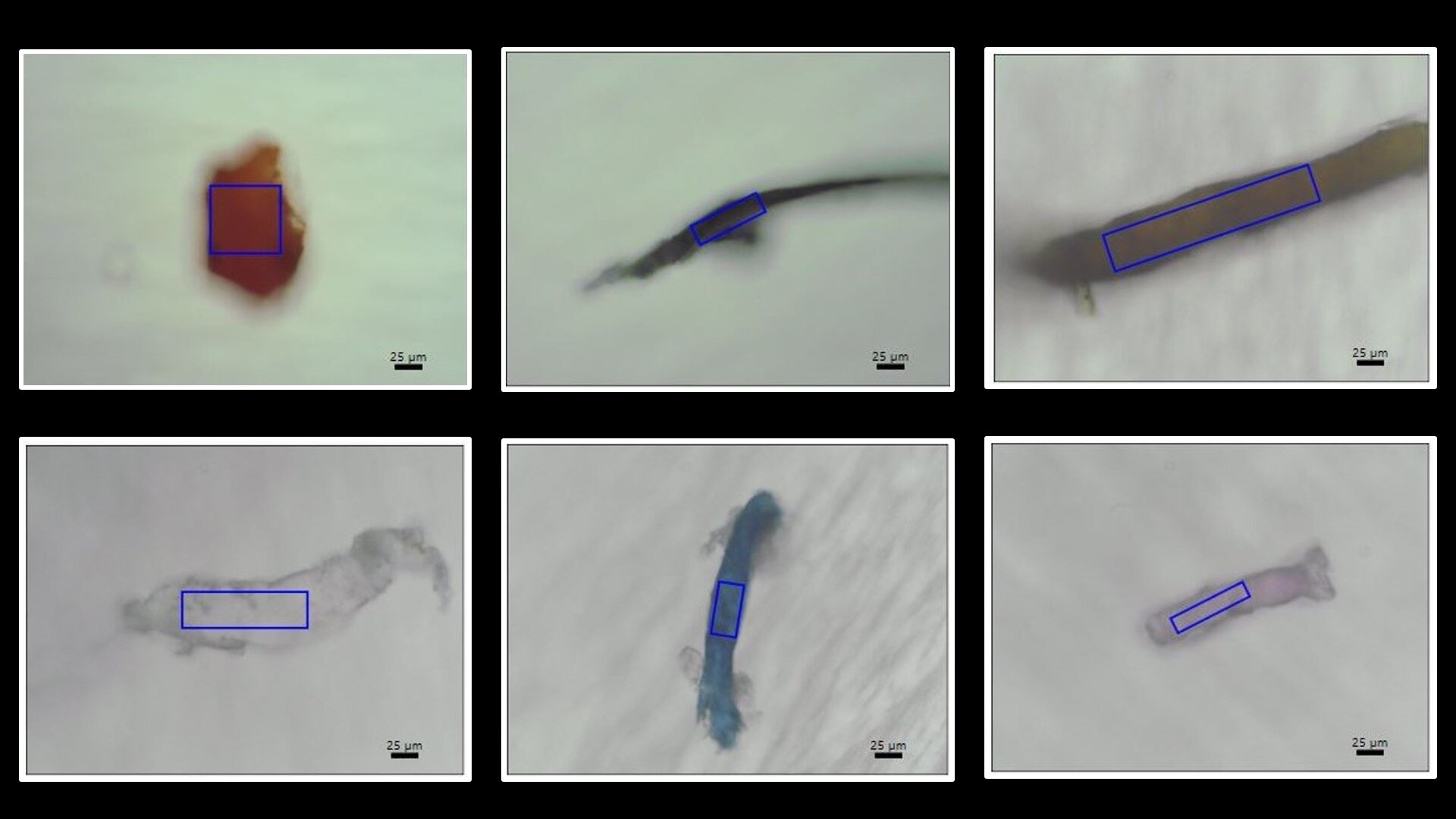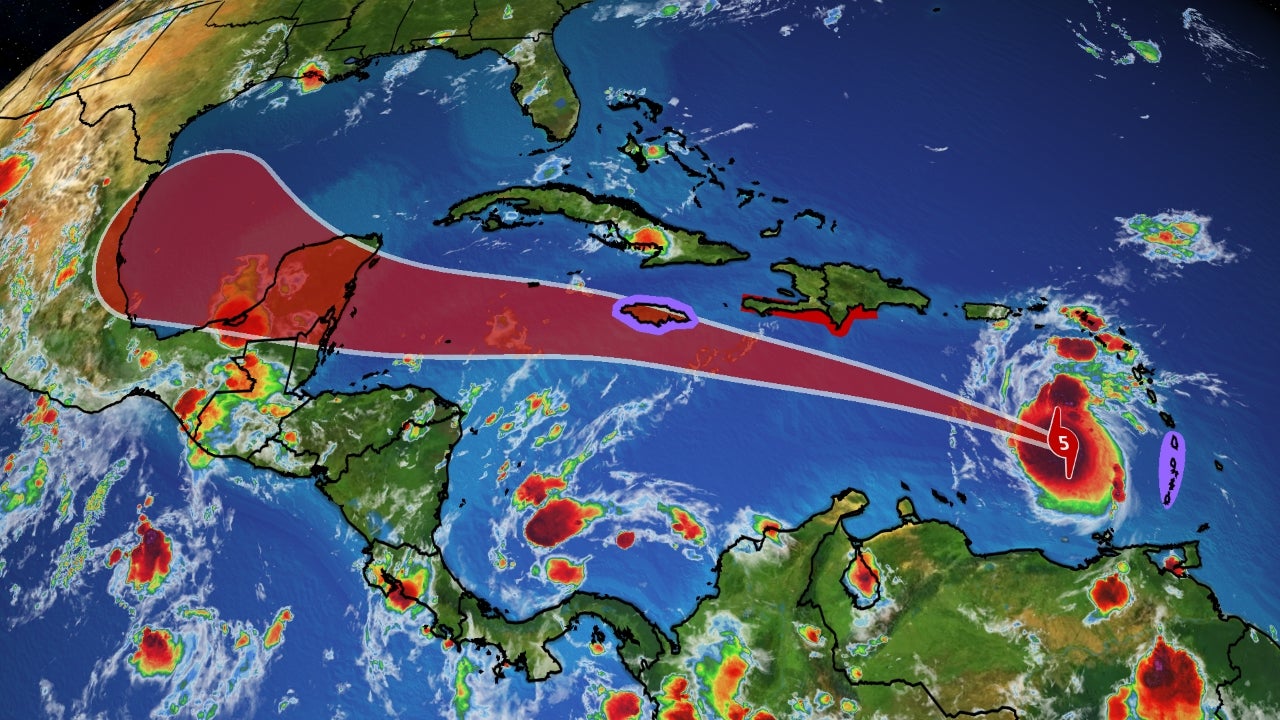 www.nature.com
www.nature.com
Abstract --- Recent reports from climate scientists stress the urgency to implement more ambitious and stringent climate policies to stay below the 1.5 °C Paris Agreement target. These policies should simultaneously aim to ensure distributional justice throughout the process. A neglected yet potentially effective policy instrument in this context is rationing. However, the political feasibility of rationing, like any climate policy instrument, hinges to a large extent on the general public being sufficiently motivated to accept it. This study reports the first cross-country analysis of the public acceptability of rationing as a climate policy instrument by surveying 8654 individuals across five countries—Brazil, Germany, India, South Africa, and the US—on five continents. By comparing the public acceptability of rationing fossil fuels and high climate-impact foods with consumption taxes on these goods, the results reveal that the acceptability of fossil fuel rationing is on par with that of taxation, while food taxation is preferred over rationing across the countries. Respondents in low-and middle-income countries and those expressing a greater concern for climate change express the most favourable attitudes to rationing. As political leaders keep struggling to formulate effective and fair climate policies, these findings encourage a serious political and scientific dialogue about rationing as a means to address climate change and other sustainability-related challenges. --- Related: * [Globally representative evidence on the actual and perceived support for climate action](https://www.nature.com/articles/s41558-024-01925-3) * [Improving public support for climate action through multilateralism](https://www.nature.com/articles/s41467-022-33830-8)
[Hurricane Helene’s ‘historic flooding’ made worse by global heating, Fema says](https://www.theguardian.com/us-news/2024/sep/29/hurricane-helene-historic-flooding-global-heating-fema) [Helene aftermath: At least 92 dead, severe flood risk remains ](https://www.newsnationnow.com/weather/helene-major-tennessee-dam-collapses-severe-flood-risk/) [Historic North Carolina village underwater after devastating damage from Helene](https://www.nbcnews.com/news/us-news/asheville-north-carolina-helene-damage-rcna173131) ['We're desperate': Mexico's Acapulco relives hurricane nightmare - One year after Otis](https://phys.org/news/2024-09-desperate-mexico-acapulco-relives-hurricane.html) [This Japanese region is still recovering from a deadly earthquake. Now record rains have flooded its streets](https://edition.cnn.com/2024/09/22/asia/flooding-earthquake-ishikawa-japan-itnl-hnk/index.html) Edit: I forgot to post links about Nepal. [At least 193 killed, 100 injured in flooding and landslides in Nepal](https://www.upi.com/Top_News/World-News/2024/09/30/Nepal-deadly-flooding-landlsides/5371727687030/) [Nepal floods and landslides death toll passes 200, reports say](https://www.yahoo.com/news/nepal-floods-landslides-death-toll-170416697.html)
 phys.org
phys.org
>Researchers from Japan and Thailand investigating microplastics in coral have found that all three parts of the coral anatomy—surface mucus, tissue, and skeleton—contain microplastics. The findings were made possible thanks to a new microplastic detection technique developed by the team and applied to coral for the first time. > > These findings may also explain the "missing plastic problem" that has puzzled scientists, where about 70% of the plastic litter that has entered the oceans cannot be found. The team hypothesizes that coral may be acting as a "sink" for microplastics by absorbing it from the oceans. Their findings were published in the journal Science of the Total Environment. > > [...] > > As for types of microplastics, the team found that nylon, polyacetylene, and polyethylene terephthalate (PET) were the three most prevalent, accounting for 20.11%, 14.37%, and 9.77%, respectively, of the identified samples.
eris 3mo ago • 100%
eris 3mo ago • 100%
eris 3mo ago • 70%
eris 3mo ago • 92%
eris 3mo ago • 87%
eris 3mo ago • 100%
Dr. Hansen has published a new communiqué. If you appreciate his work, you may consider supporting [CSAS](https://csas.earth.columbia.edu/). (It's a little worrisome that research of this importance relies on private donations, isn't it?)

